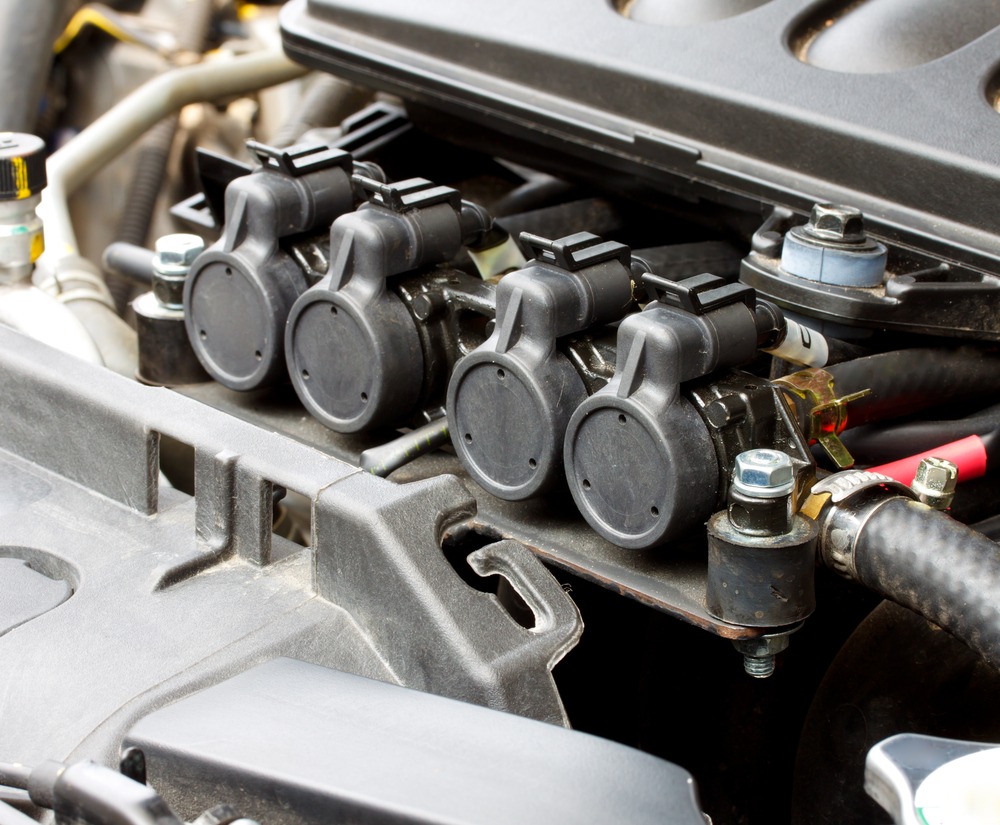
Approximately 150 representatives of the auto industry, alternative fuel vehicle market, and major utilities gathered in Lansing, Michigan last week to tackle issues governing the future of alternative fuel vehicles (AV) in the state.
Among the panels and discussions had by attendees were consideration of infrastructure advancements, electrical grid planning, and investment, consumer habits, utility engagement, regulatory policy, charging devices, as well as the question of Michigan’s own ongoing role in the industry’s development. Once heralded as the automotive capital, the state has made serious attempts in recent years to keep abreast of the quickly changing auto industry. Representatives were gathered there by the Michigan Public Service Commission (MPSC) and the Michigan Agency for Energy (MAE).
“We are fortunate to have transportation and energy experts from around the country enrich our discussion and inform our thinking,” MPSC Chairman Sally Talberg said. “The mobility and energy sectors need to work collaboratively if Michigan is to achieve transformative change. It is critical that our regulatory process is responsive and receptive to the changing world around us.”
Regional and national experts both led panels and networked their way through the conference. Among the many others present were experts from DTE Gas, the Automotive Communities Partnership at the Center for Automotive Research and the Edison Electric Institute. The MPSC utilized the conference to fuel the creation of a comprehensive work plan for the state’s electric vehicle charging and CNG fueling networks, as well as identifying the impact on ratepayers.
The MPSC is currently working on a briefing paper that will track major trends and lay out the regulatory options behind utilities’ roles and ownership of equipment, incentives and rate structuring, as well as optimization of the grid.